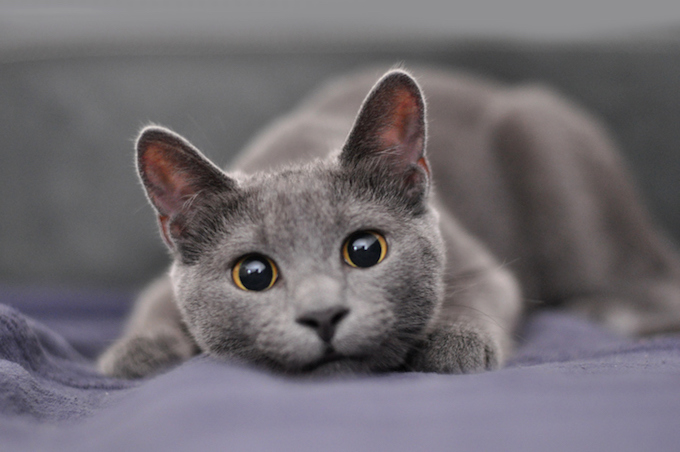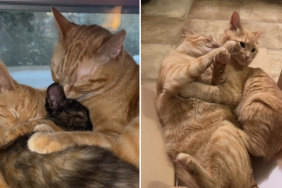The 2018 FIFA World Cup in Russia kicks off on June 14th. For soccer fans, it’s a month-long excuse to watch endless back-to-back soccer matches while supping down a few beers.
But if you’re more of a cat supporter, the 2018 FIFA World Cup is a handy prompt to expand your cat knowledge by buffing up on these feline facts from some of the notable teams involved.
Russia Hearts Cats
(Picture Credit: Getty Images)Russia is the host country for the 2018 FIFA World Cup. The team isn’t tipped to do well in the tournament — but its citizens are confirmed cat lovers with surveys suggesting Russia has the highest number of cat owners out of any country in the world. Apparently this feline fanaticism harks back to the 1700s when Empress Elizabeth ruled and cats were brought to her palace to live out luxurious lives under the guise of vermin protection officers.
Peru’s Famous Cat Park
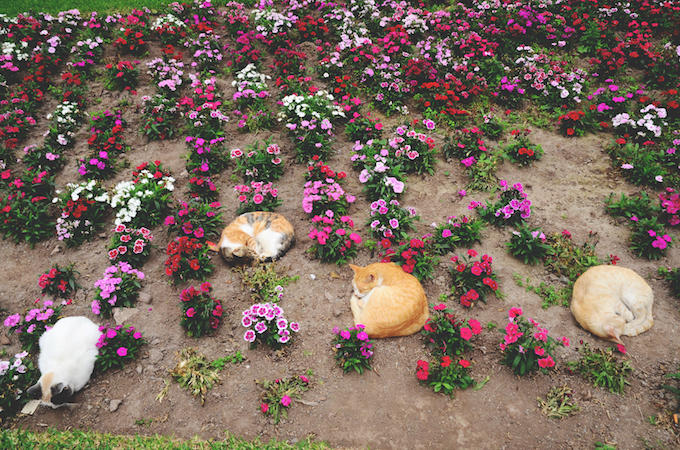
Peru is taking part in the 2018 FIFA World Cup for the first time in 36 years. While the South American country might be most associated with the adventures of Paddington Bear, the capital city of Lima also hosts the famous Kennedy Park, which is colloquially known as the Cat Park. It’s home to over 150 very people-friendly cats and has become a bona fide tourist hot spot.
Spain’s Political Cats
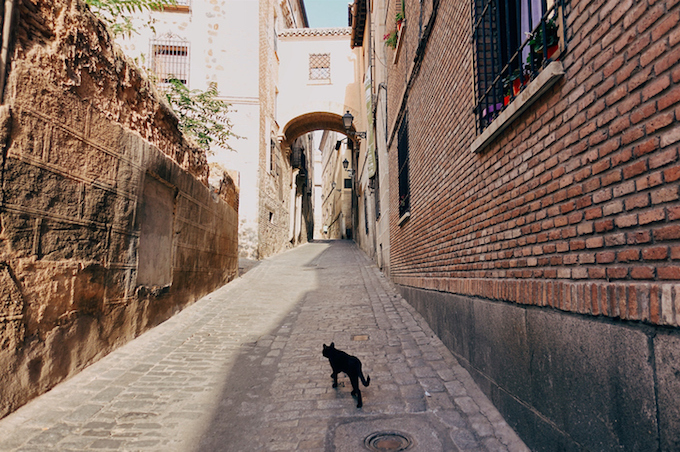
In the town of Trigueros del Valle in Spain, cats (and dogs) have been officially granted the same rights as humans. Defining the animals as “non-human neighbors,” the town of approximately 300 residents voted that they wanted to “dignify the lives of cats and dogs.” In practice, this is part of an attempt to bring an end to animal abuse while addressing (and caring for) the town’s stray cat issues.
Japan’s Pop Culture Cat Obsession
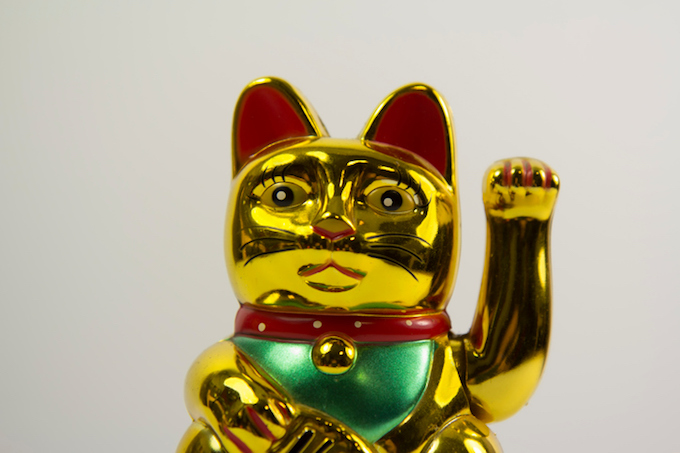
When it comes to pop culture cats, Japan rules. The country has given us animated characters like Hello Kitty and Doraemon, become the world leader in cat cafes, and spread the Maneki Neko good luck charm (aka the raised paw cat statue you’ll find in stores and restaurants) around the world. But there’s a religious origin behind the country’s obsession: Cats were originally brought over on ships from China as guardians of ancient Buddhist scriptures that were being transported on board.
Croatia’s Feral Cat Scene
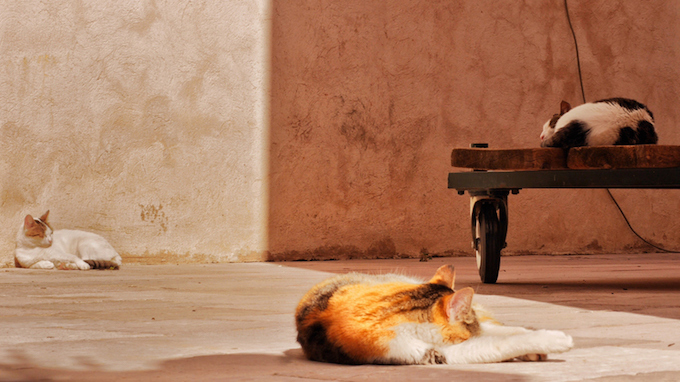
The Old Town area of Dubrovnik in Croatia is awash with cats. Locals care for these kitties, who spend their days roaming around the churches and monuments of the area. It’s said that the proliferation of cats comes from a lack of a TNR culture — but the town seems happy to step up and care for the felines no matter how many they number.
Costa Rica’s Wild Cats
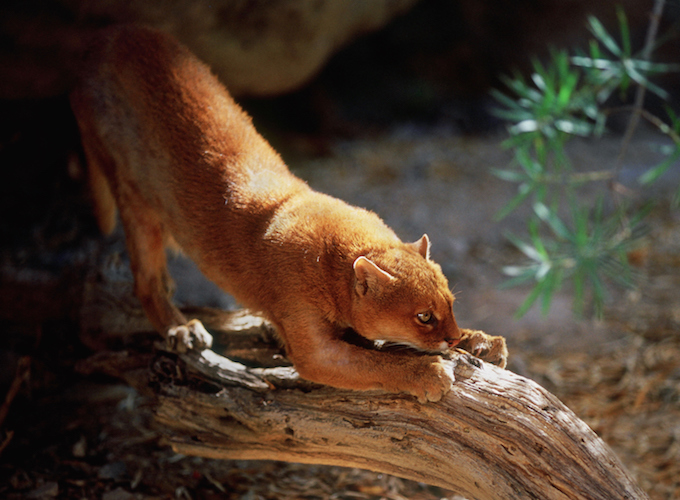
Costa Rica is a haven for wild cats. The country can count on at least six different species of wild cats prowling around its land: The Ocelot, Margay, Jaguar, Puma, Jaguarundi and Oncilla. Of the wild cats you might not have heard much about, the Jaguarundi is often said to resemble a weasel and the Oncilla is a small and shy wild cat who likes to hang out up in the mountains.
Iceland’s Christmas Cat
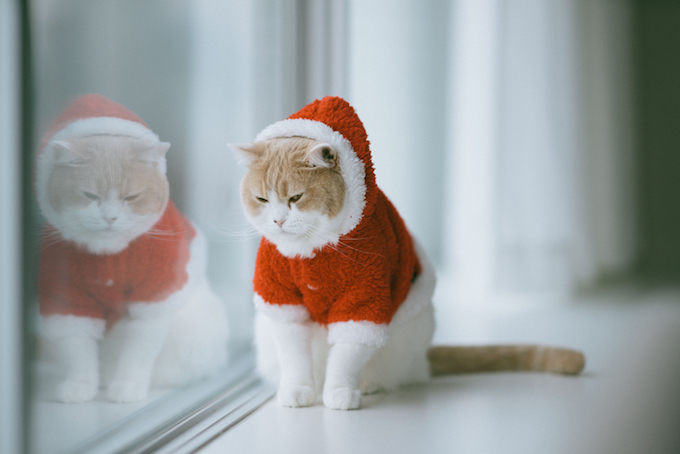
Iceland has an official Christmas Cat. He’s named Jólakötturinn and, according to festive mythology, he lives with the parents of Iceland’s 13 — count ’em — Santa Clauses. The cat also apparently loves to chow down on human flesh — although if you receive a new piece of clothing and wear it before Christmas, you’ll be safe from Jólakötturinn’s fangs.
